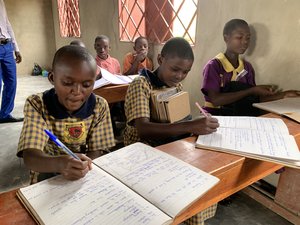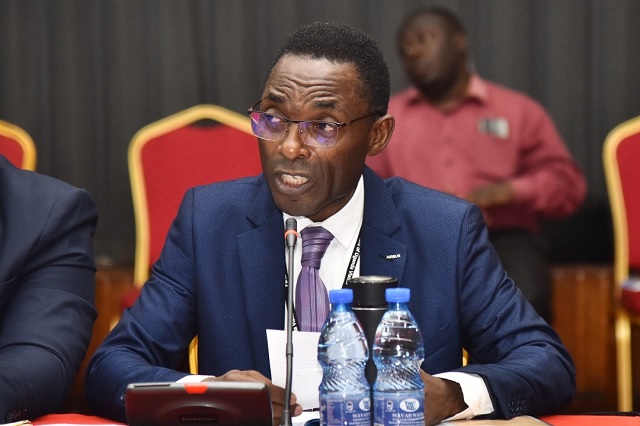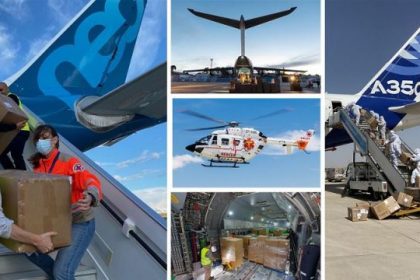UNICEF blacks out for 18 hours to draw attention to school crisis

UNICEF and its partners’ digital channels closed down for 18 hours on September 16, to draw attention to the need to reopen schools that have been closed since the Covid-19 pandemic disrupted life 18 months ago.
Covid-19 restrictions have taken a toll on learning with schools for nearly 77 million students in six countries still closed, according to an updated data analysis released by the UN agency on September 16.
According to the analysis, Bangladesh, the Philippines and Panama are among the countries that kept schools closed the longest. In total, an estimated 131 million students in 11 countries have missed more than three-quarters of their in-person learning. Around 27 per cent of countries worldwide continue to have schools fully or partially closed.
“As classes resume in many countries around the world, millions of students are heading into a third academic year without setting foot in a classroom,” said UNICEF Executive Director Henrietta Fore. “The losses that students are incurring from not being in school may never be recovered.”
To draw attention to the unfolding crisis of 18 months of lost learning, deferred potential and uncertain future, and to urge governments to reopen schools as soon as possible, UNICEF and partners on Thursday, shut down their digital channels for 18 hours effective 13.00 GMT.
UNICEF says the school closures have created a shadow crisis for children, leading to many falling behind on their education. Beyond that UNICEF, adds that “many children are missing out on school-based meals and routine vaccinations, experiencing social isolation and increased anxiety, and being exposed to abuse and violence.
“For some, school closures have led to drop out, child labour and child marriage. Many parents have been unable to continue with their employment while balancing their children’s care and learning needs. Some have lost their jobs entirely, pushing their families into poverty and creating a deeper economic crisis.”
Remote learning which has provided a bridge for millions of schoolchildren, has excluded those without access to the technology and the quality of the curriculum have been uneven even within communities and school districts, the agency says.
In advocating for school reopening, UNICEF says experience so far shows that schools are not the main drivers of transmission and that it is possible to keep them open for in-person learning.
UNICEF says schools can safely be reopened immediately if authorities’ take steps to mitigate against transmission by implementing measures such as mask policies for students and staff and; providing handwashing facilities or hand sanitiser; frequently cleaning of surfaces and shared objects; ensuring adequate and appropriate ventilation; cohorting or keeping students and teachers in small groups that do not mix; staggering start, break, bathroom, meals and end time; and alternating physical presence.
UNICEF further advocates the establishment of information sharing channels with parents, students and teachers as the well as the prioritization of teachers in Covid-19 vaccination.
“The education crisis is still here, and with each passing day that classrooms remain dark, the devastation worsens,” said Fore. “This is a crisis we will not allow the world to ignore. Our channels are silent, but our message is loud: Every community, everywhere must reopen schools as soon as possible.”

 Former Uganda Airlines chief executive Cornwell Muleya tapped to head Zambia’s IDC
Former Uganda Airlines chief executive Cornwell Muleya tapped to head Zambia’s IDC
 Ethiopian keeps faith with Rolls-Royce TotalCare for A350-1000 powerplants
Ethiopian keeps faith with Rolls-Royce TotalCare for A350-1000 powerplants
 Cogebanque acquisition propels Equity to number two bank in Rwanda
Cogebanque acquisition propels Equity to number two bank in Rwanda
 Why ‘de-risking’ from China poses high risks for European economies
Why ‘de-risking’ from China poses high risks for European economies
 Radisson continues rapid expansion across Africa
Radisson continues rapid expansion across Africa
 Airbus steps up hiring in 2023, opens-up 13000 new job opportunities
Airbus steps up hiring in 2023, opens-up 13000 new job opportunities
